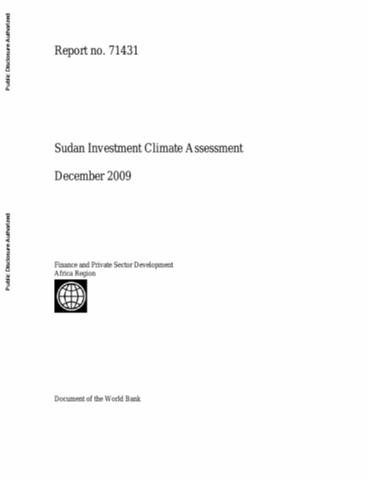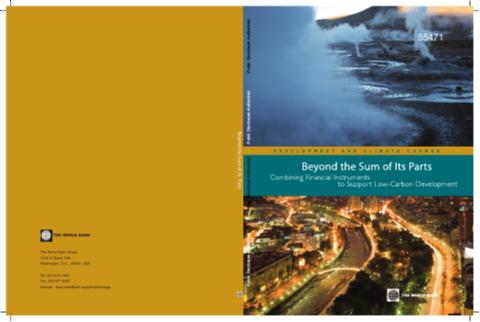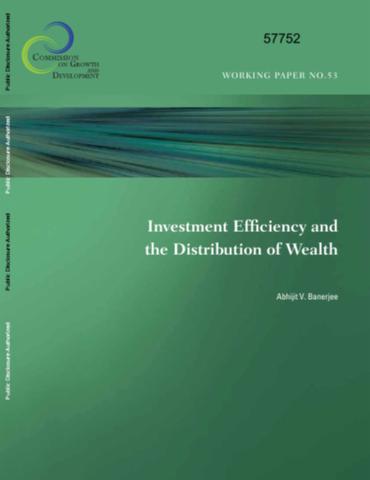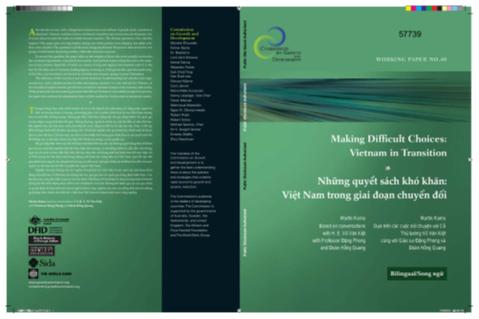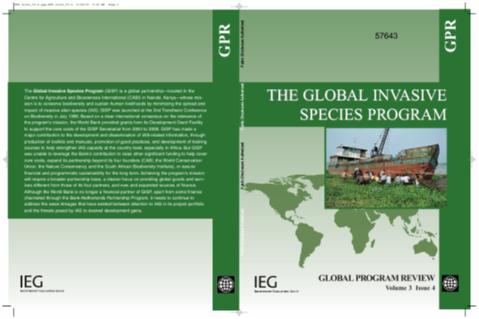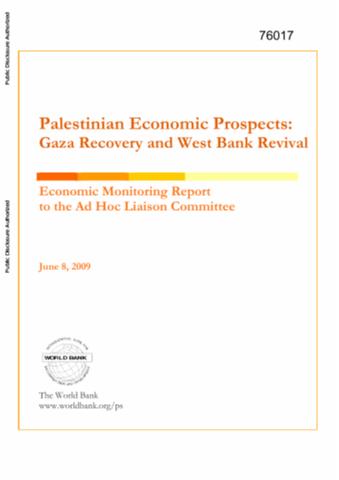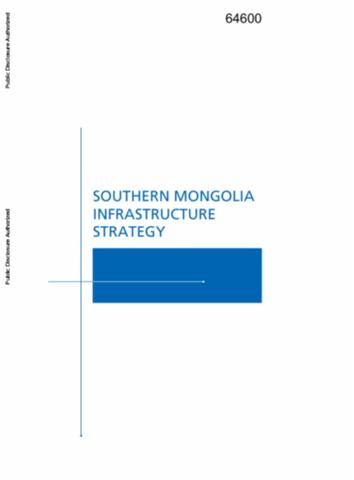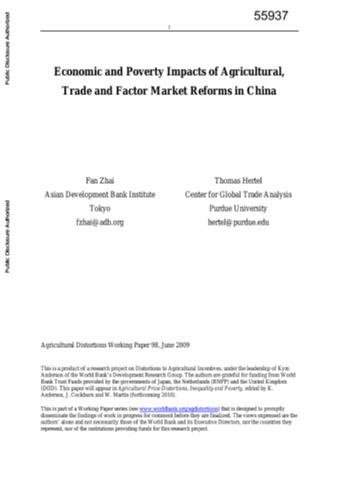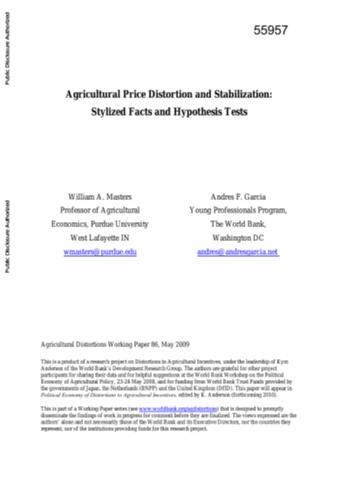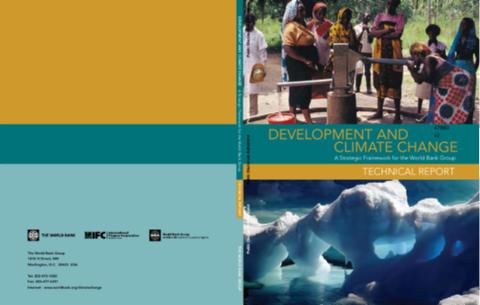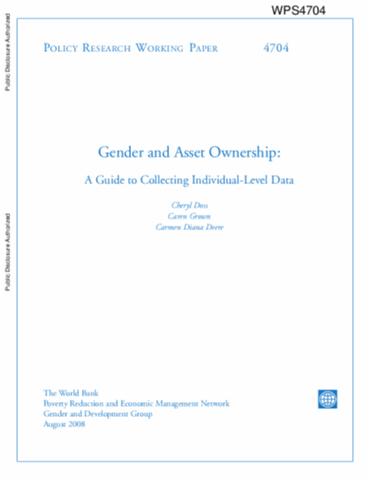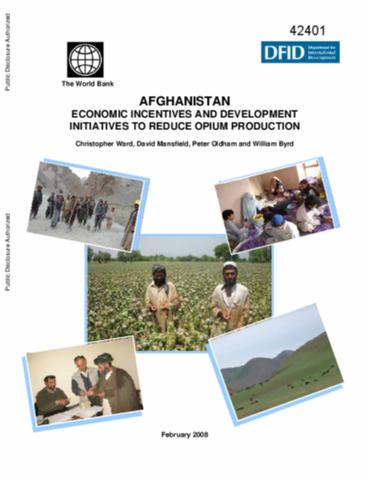Sudan Investment Climate Assessment
This report on Sudan's Investment Climate Assessment (ICA) provides a baseline assessment of challenges to productivity, diversification and inclusion. Chapter 1 describes some of the questions underlying the three issues of competitiveness, diversification and broad-based growth. Chapter 2 analyzes firm performance and competitiveness. Chapter 3 discusses markets and trust. Chapter 4 describes the role of the financial sector. Chapter 5 analyses the informal sector. Chapter 6 discusses the conflict-affected private sector development.

